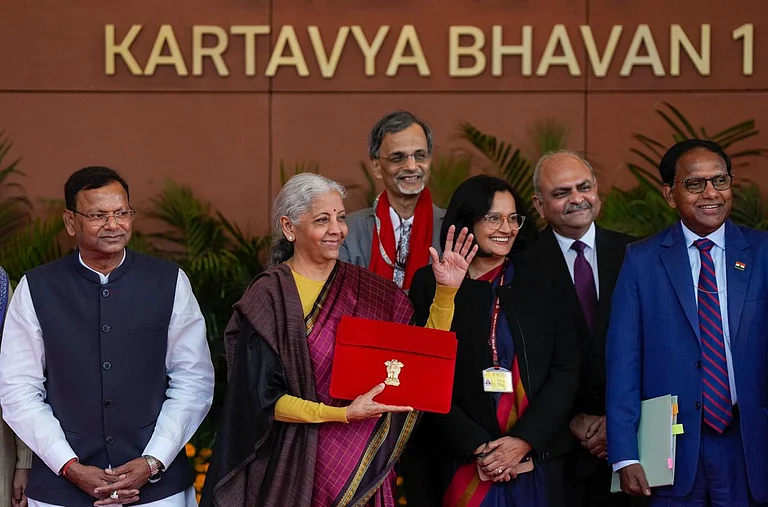Investment in units of Real Estate Investment Trusts (REITs) and Infrastructure Investment Trusts (InvITs) have been made more attractive in the Union Budget 2024-25, as it cut down the long-term holding period for tax considerations in these assets at par with listed equity shares. "Thus units of listed business trust will now be at par with listed equity shares at 12 months instead of earlier 36 months," the document noted.
However, the capital gain taxes on selling investments have been revised upwards to 20 per cent and 12.5 per cent for short-term and long-term capital gains (LTCG) respectively. LTCG exemption limit has also been raised to Rs 1.25 lakh.
Notably investing directly in real estate has been made more unattractive. When you sell immovable property that you've owned for over 24 months, you could have earlier adjusted the cost of acquisition using the cost inflation index (CII) to lower taxable long-term capital gains. The long-term capital gains tax on real estate has been reduced from 20 per cent to 12.50 per cent, but the removal of indexation benefits made long-term investments in real estate less attractive and such investors can move to REITs.
Experts believe that Budget announcements could lead to a significant increase in retail investor participation in REITs and InvITs. Though they have concerns about increases in capital gain tax rates, they feel the reduction in the holding period for long-term capital gains will positively attract investors to these asset classes. Decreasing the holding period to qualify for LTCG will free up funds for investors and increase their liquidity.
New Capital Tax Regime's Impact on REITs & InvITs
Says Vimal Nadar, Senior Director & Head of Research at real estate company Colliers India, "Retail investor participation in REITs and InvITs will receive a boost from the parity in treatment with other listed equity classes."
"The Union Budget has reduced the holding period for REITs and InvITs from 3 years to 1 year and increased the capital gains exemption limit from Rs 1 lakh to Rs 1.25 lakh. These changes coupled with Sebi’s recent push towards listing SM-REITS, will democratise ownership. The unit holder base for REITs and SM-REITs will potentially see 20x growth in the next 4-5 years," Nadar said.
Subahoo Chordia, Head - Real Assets Strategy, Edelweiss Alternatives said reducing the holding period is a positive development which bridges the gap that existed earlier vis a vis listed equity shares. "The change definitely adds to the attractiveness of this asset class for investors looking at risk-adjusted returns and thereby should add more liquidity to it,” Chordia said.






























